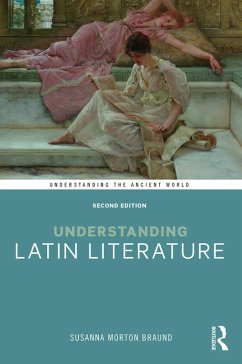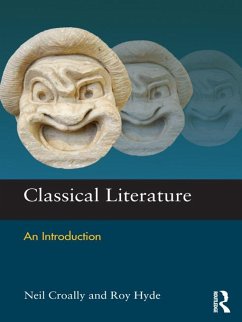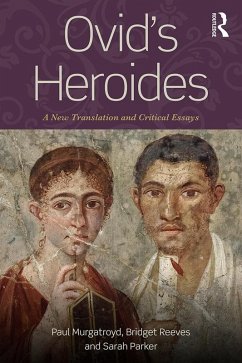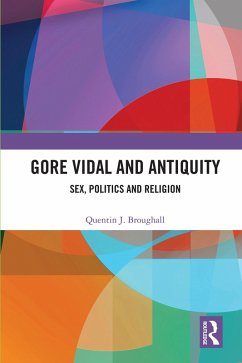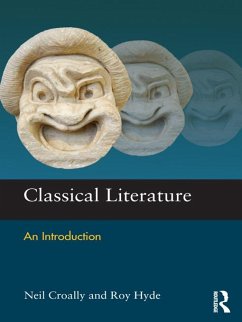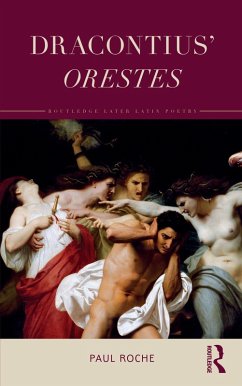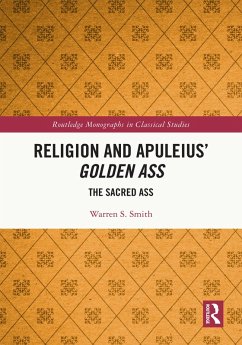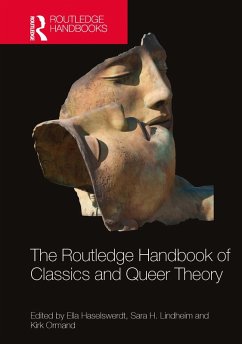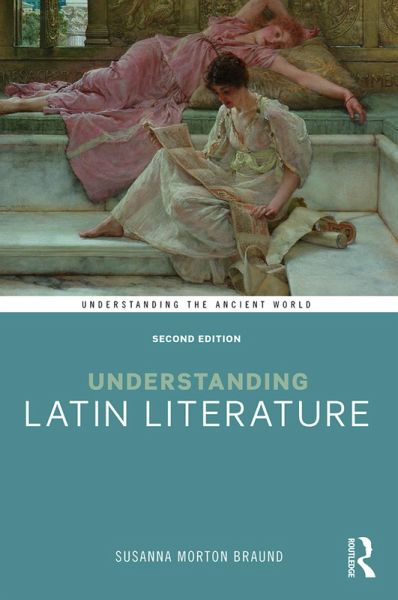
Understanding Latin Literature (eBook, ePUB)
Versandkostenfrei!
Sofort per Download lieferbar
46,95 €
inkl. MwSt.
Weitere Ausgaben:

PAYBACK Punkte
23 °P sammeln!
Understanding Latin Literature is a highly accessible, user-friendly work that provides a fresh and illuminating introduction to the most important aspects of Latin prose and poetry. This second edition is heavily revised to reflect recent developments in scholarship, especially in the area of the later reception and reverberations of Latin literature. Chapters are dedicated to Latin writers such as Virgil and Livy and explore how literature related to Roman identity and society. Readers are stimulated and inspired to do their own further reading through engagement with a wide selection of tra...
Understanding Latin Literature is a highly accessible, user-friendly work that provides a fresh and illuminating introduction to the most important aspects of Latin prose and poetry. This second edition is heavily revised to reflect recent developments in scholarship, especially in the area of the later reception and reverberations of Latin literature. Chapters are dedicated to Latin writers such as Virgil and Livy and explore how literature related to Roman identity and society. Readers are stimulated and inspired to do their own further reading through engagement with a wide selection of translated extracts and through understanding the different ways in which they can be approached. Central throughout is the theme of the fundamental connections between Latin literature and issues of elite Roman culture. The versatile and accessible structure of Understanding Latin Literature makes it suitable for both individual and class use.
Dieser Download kann aus rechtlichen Gründen nur mit Rechnungsadresse in A, B, BG, CY, CZ, D, DK, EW, E, FIN, F, GR, HR, H, IRL, I, LT, L, LR, M, NL, PL, P, R, S, SLO, SK ausgeliefert werden.




